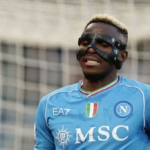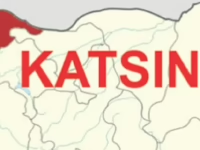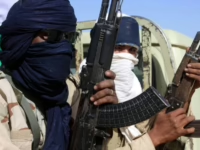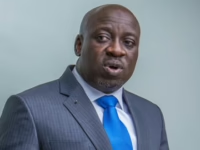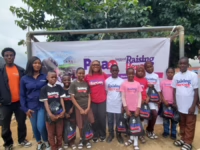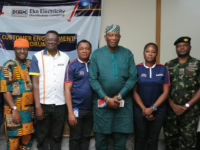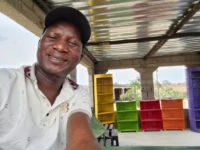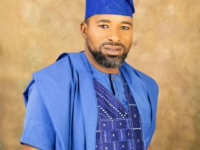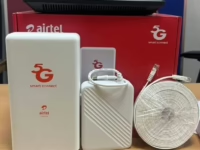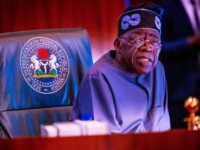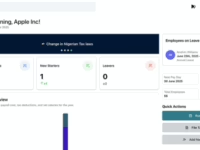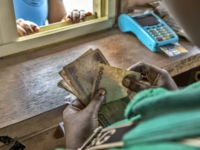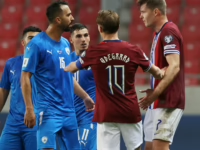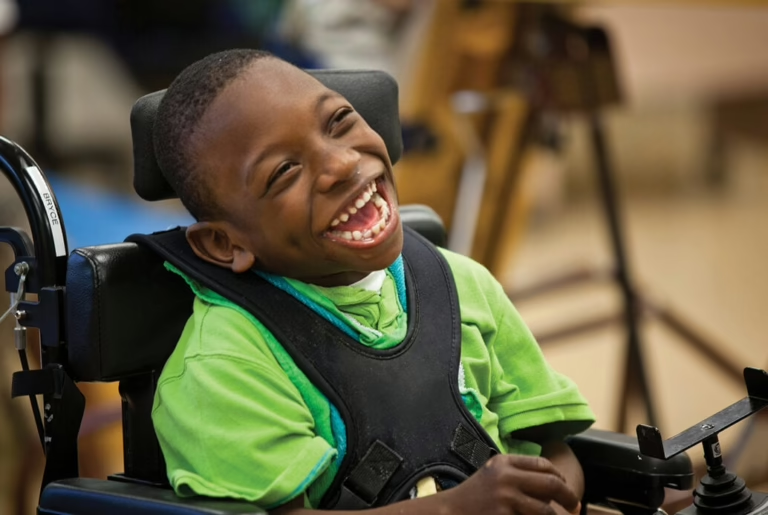Each year on October 6, the global community is called to pause and honor the estimated 50 million individuals living with cerebral palsy (CP). For some, this day serves as a moment of pride and reflection; for others, it highlights the ongoing challenges and the work still required to achieve true inclusion.
World Cerebral Palsy Day transcends mere sympathy or symbolic acts-it champions awareness, acceptance, and proactive change. The theme for this year, “Unique and United,” emphasizes a vital truth often overlooked amid daily distractions: individuality and solidarity are complementary forces. The CP community is richly varied in abilities, experiences, and backgrounds, yet united by a collective pursuit of recognition and respect.
Cerebral palsy stands as the most prevalent physical disability affecting children. It arises from atypical brain development or injury to the brain during its formative stages, impacting muscle control, posture, and movement.
According to the U.S. Centers for Disease Control and Prevention (CDC), CP is part of a group of neurological disorders that impair motor skills and balance. The American Academy of Pediatrics notes that children with CP frequently face difficulties in movement control, and many also contend with additional complications such as seizures, speech impairments, or sensory challenges involving vision and hearing. Although CP is a lifelong condition, with appropriate interventions, many individuals lead independent and fulfilling lives.
While this paints a broad picture globally, the situation in Nigeria reveals a starkly different reality. Thousands of Nigerian children live with CP, yet most remain unseen by the healthcare and social systems meant to support them. The absence of a national registry means official data is scarce. Research has estimated that approximately 3.5 out of every 1,000 Nigerian children are affected by CP.
A 2017 study by a University of Lagos academic approximated that nearly 700,000 Nigerians live with cerebral palsy. Across the African continent, prevalence rates fluctuate between 0.8 and 10 per 1,000 children, influenced by regional healthcare quality and accessibility.
Behind these figures lie countless children whose futures hinge largely on whether their families can afford adequate care or not.
The causes of CP in Nigeria are multifaceted but largely preventable. Common contributors include birth asphyxia-where newborns suffer oxygen deprivation during delivery-and untreated neonatal jaundice. These conditions are not unavoidable misfortunes but rather indicators of systemic weaknesses: under-resourced healthcare facilities, insufficient maternal care, and a shortage of trained medical personnel, especially in rural communities.
When early diagnosis and intervention are missed, cerebral palsy transforms from a manageable condition into a lifelong hardship. The tragedy is compounded by the fact that much of this suffering could be averted through timely medical attention and basic healthcare improvements.
Even after diagnosis, families face a daunting journey. Access to physiotherapy, occupational therapy, and assistive technologies can dramatically improve quality of life, yet these services often come with prohibitive costs. Public hospitals frequently lack specialized staff and equipment, while educational institutions remain ill-prepared to accommodate children with physical disabilities. Consequently, many children are kept at home, and those who attend school encounter physical obstacles, social exclusion, and stigma.
For caregivers, particularly mothers, the emotional and financial toll is immense. Many are compelled to leave their employment to provide full-time care. In communities where superstition persists, families may also endure blame and social isolation. The challenges surrounding CP extend beyond medical issues, encompassing cultural, economic, and ethical dimensions.
Cerebral palsy does not diminish a person’s value; rather, it is society’s unwillingness to embrace equality that inflicts harm. In Nigeria, disability often remains a source of shame, and awareness initiatives are insufficient. This underscores the critical importance of World Cerebral Palsy Day-not as a fleeting social media trend, but as a catalyst to confront entrenched prejudices and affirm that difference is not deficiency.
What is truly lacking is not empathy but dedication. Genuine inclusion begins with reliable data. Without a comprehensive national CP registry, policymakers operate without clear guidance. Inaccurate or absent statistics hinder appropriate budget allocation, and without specialized training, educators and healthcare providers cannot deliver the support necessary for children with CP to flourish. This cycle of neglect is often masked by ignorance.
Nonetheless, there is cause for optimism. Across Nigeria, young adults with cerebral palsy are increasingly asserting their presence-whether through digital platforms, higher education, or advocacy efforts. Social media empowers them to share their narratives, demonstrating that CP is not a tragedy but a condition compatible with ambition, creativity, and happiness. Each shared experience helps dismantle the silence that has long marginalized so many.
The theme “Unique and United” resonates deeply, reminding us that while every individual with cerebral palsy faces distinct challenges and possesses unique strengths, they are united by a common humanity deserving of dignity and inclusion.
The CP community does not seek pity; it demands equitable access-to healthcare, education, employment, and public spaces designed without barriers. It calls for a nation that recognizes them as integral contributors to its future, rather than problems to be quietly managed.


